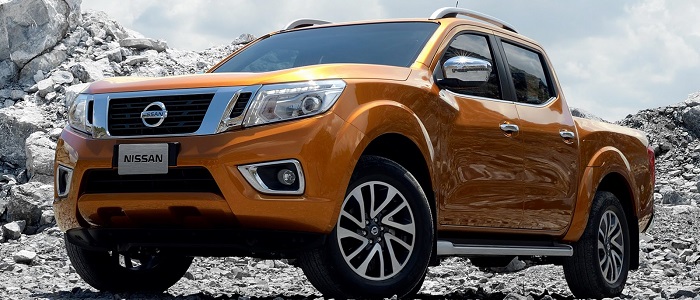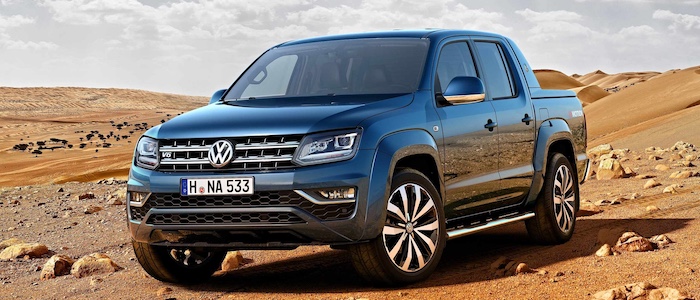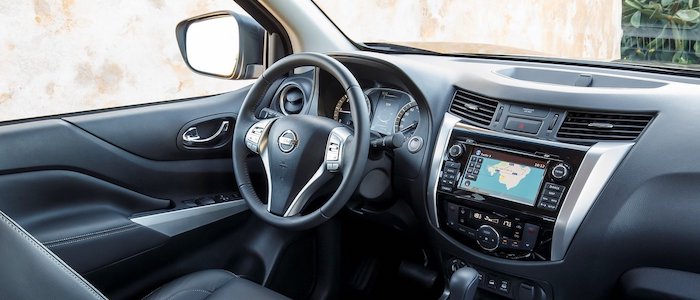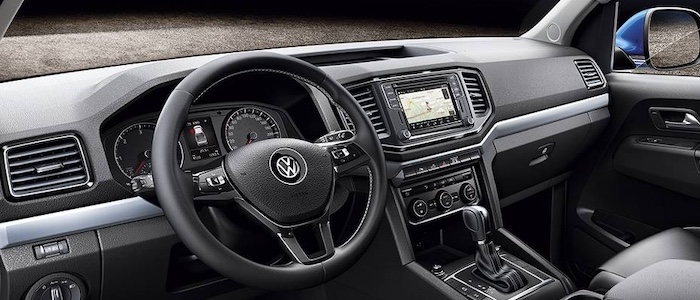Compare two cars
Compare any two cars and get our Virtual Adviser™ opinion
Dimensons & Outlines
Check vehicle history
Engine
3.0 TDI EA897evo 163
Performance (manual gearbox)
Performance (automatic gearbox)
Expenses
Virtual Adviser's™ opinion
Two significantly similar cars, no doubt about that. Still, each one has something different to offer. Having both cars powered by diesel engines and utilizing the 4-door truck body style within the same 'SUV' segment, the only major difference here really is their wheel drive configuration (4 x 4 for the Nissan and rear in the case of the Volkswagen). The first one has a Nissan-engineered powertrain under the hood, a 4-cylinder, 16-valves 163hp unit, while the other one gets its power and torque from a 6-cylinder, 24-valves 163hp engine designed by Audi.
SafetyBoth vehicles got tested by European New Car Assessment Programme (Euro NCAP), with the same number of safety stars gained in the process. Moving further on, let's take a closer look at some additional safety-related facts. Both vehicles belong to the suv segment, which is generally a very good thing safety-wise, still it doesn't help us solve our dilemma, does it? On the other hand, when it comes to weight, a factor that most people underestimate, the German car offers a marginal difference of 1% more metal.
ReliabilityI don't like generalizing things when it comes to reliability, although it does seem that Nissan does have a slight advantage, when all the models are taken into account. These are the official statistics, while our visitors describe reliability of Nissan with an average rating of 4.3, and models under the Volkswagen badge with 4.2 out of 5. Unfortunatelly, I don't have enough insight that would allow me to comment in more details on the specific models level. Above it all, drivers of cars with the same engine as the Japanese car rank it on average as 3.0 out of 5, exactly the same as the other one.
Performance & Fuel economyVolkswagen is undoubtly more agile, reaching 100km/h in 2.4 seconds less than its competitor. In addition to that it accelerates all the way to 180 kilometers per hour, 8km/h more than the other car. When it comes to fuel economy an obvious choice would be the Japanese car, averaging around 6.4 liters of fuel per 100 kilometers (44 mpg), in combined cycle. That's 38% difference compared to the German car!
Verdict
Nissan appears just a bit more reliable, although the difference is truly marginal. The most important thing when deciding between any two vehicles should always be safety, both passive and active. In my opinion, everything taken into account, the German car offers slightly better overall protection and takes the lead. It all continues in the same direction, with Volkswagen outracing its opponent in any situation possible, making it better choice for boy racers. It does come at a cost though, and that's the fuel consumption... I believe that, when we take all into account, we have only one winner here - the Nissan. Nevertheless, let's not forget that people have different preferences and needs, so what really counts is your personal feel. I'm only here to help. I suggest you spend two more minutes in order to find out which car, based on your needs and budget, would be picked by the virtual adviser™, among more than 12.000 different ones in our database.


































